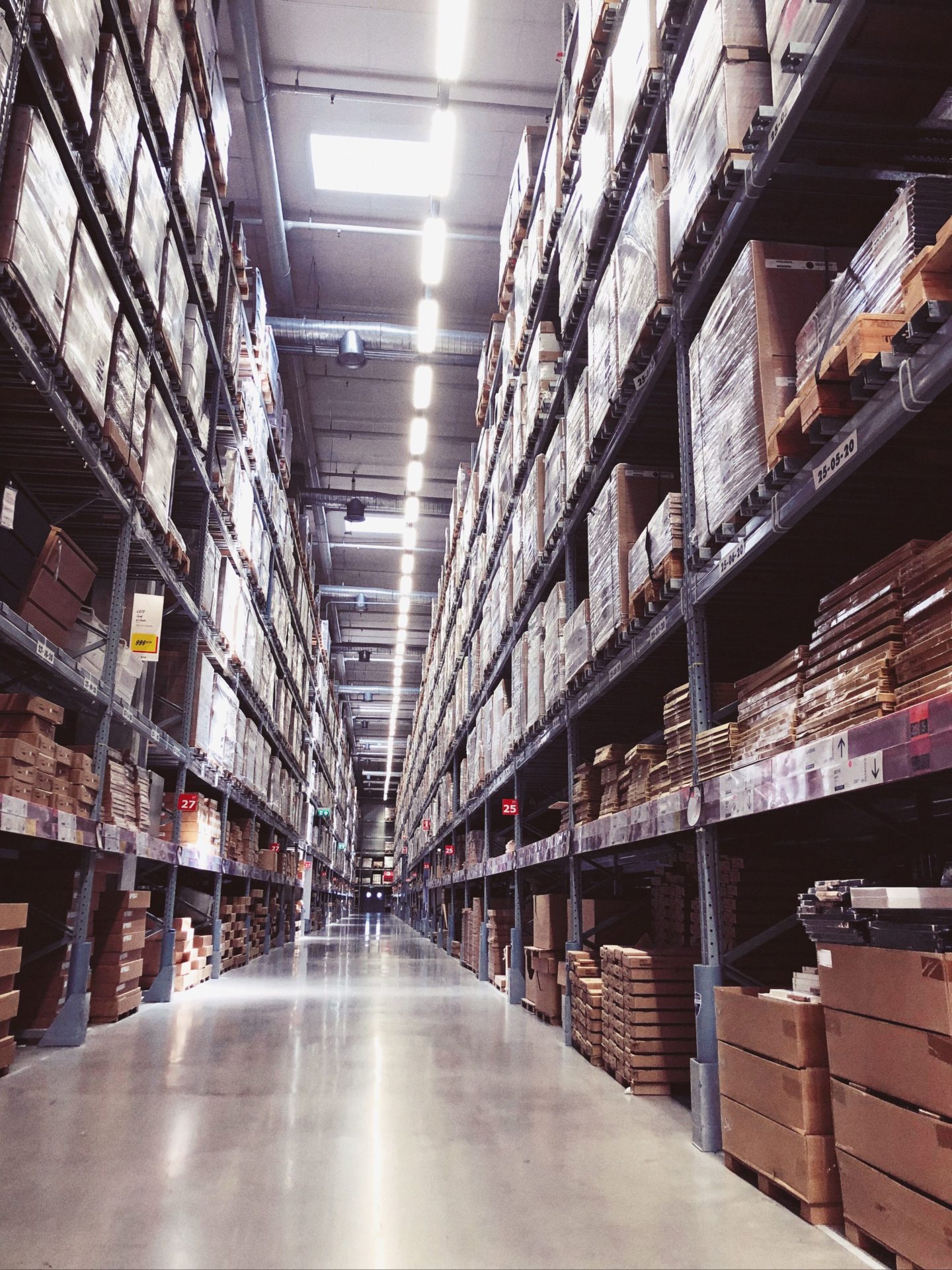

Don’t Let Spills Be Your Downfall: Protect Against Warehouse Hazards with SpillShop
Warehouses are fast-paced environments with plenty of heavy-duty equipment and hazardous chemicals, so warehouse hazards are abound. In fact, according to OSHA, 16% of all fatal workplace injuries occur in the transportation and warehousing industry every year. Thus, it’s crucial and legally obligatory for warehouse operators to prioritise warehouse safety and identify potential hazards.
At SpillShop, we are the UK’s most trusted name when it comes to spillage control equipment, and provide many warehouses with solutions to several key hazards. In this blog, we’ll provide a comprehensive list of hazards commonly found in warehouses and how SpillShop’s products and services can help prevent them.
Cleaning Up Spills
Even if the liquid spilt isn’t hazardous itself, spills can result in serious injury to workers if not taken care of quickly. In a warehouse, many types of spills can happen, from simple water or wet floors to oil and chemical spills. As such, there are many pieces of equipment that are pivotal for dealing with any type of situation.
At SpillShop, we offer all-encompassing spill kits that package everything you need to recover from an incident without delay. They contain the essentials such as absorbent socks, absorbent pads and disposal bags, and are contained in either a shoulder bag, plastic bag, hard carry case, plastic bin or wheeled bin. The advantage of these kits is having an ample amount of all cleaning equipment for cheaper than buying individually, and SpillShop offers different types of spill kits that are each tailored to a specific type of spill, such as oil & fuel, chemical, mercury, body fluid and general purpose spill kits.
Preventing Slips and Falls
According to Ashton Knight, slips, trips and falls are one of the most common causes of workplace injury, and a key cause of this is spills travelling far away from the original spill area and causing slippery surfaces. To prevent this, use spill containment equipment that surrounds the area. Absorbent spill socks and booms form a barrier that soaks up any travelling spill residue. Sizes extend to over 3m long, so even the largest spills can be surrounded and protected from potential slips.
Additionally, using anti-slip paint or another floor covering can further prevent slips and falls.
Storing Chemicals
In the UK, the Control of Major Accident Hazards (COMAH) regulations require companies to take all necessary measures to prevent major accidents involving hazardous substances. This includes storing chemicals in appropriate containment systems, such as IBC bunds.
Designed to contain spills and leaks that may occur from an IBC, they are essential for mitigating the risks associated with hazardous chemicals. Many chemicals can be dangerous if they come into contact with the skin or are inhaled, and spills or leaks can lead to serious health consequences for workers.
Plus, when there is a spillage underneath a piece of machinery or when transporting chemicals, drip pans and trays are added protection against one of the most serious warehouse hazards.
Using Spill Pallets
Spill pallets are used as a secondary storage device for IBC bunds, acting as a flat stand that contains spillage in the case of a bund leakage. They are incredibly useful and in cases of heavy-duty bunds, a mandatory requirement. A well-made spill pallet is imperative to warehouse safety and should be durable and corrosion-resistant, which SpillShop’s spill pallets are and have a removable floor for ease of cleaning.
Additionally, staff should be trained to safely load and unload pallets at safe heights and weights. They should be careful around pallets and not climb, lean or walk on them, and having impact protection such as pallet racking protectors will ensure greater degrees of workplace safety.
